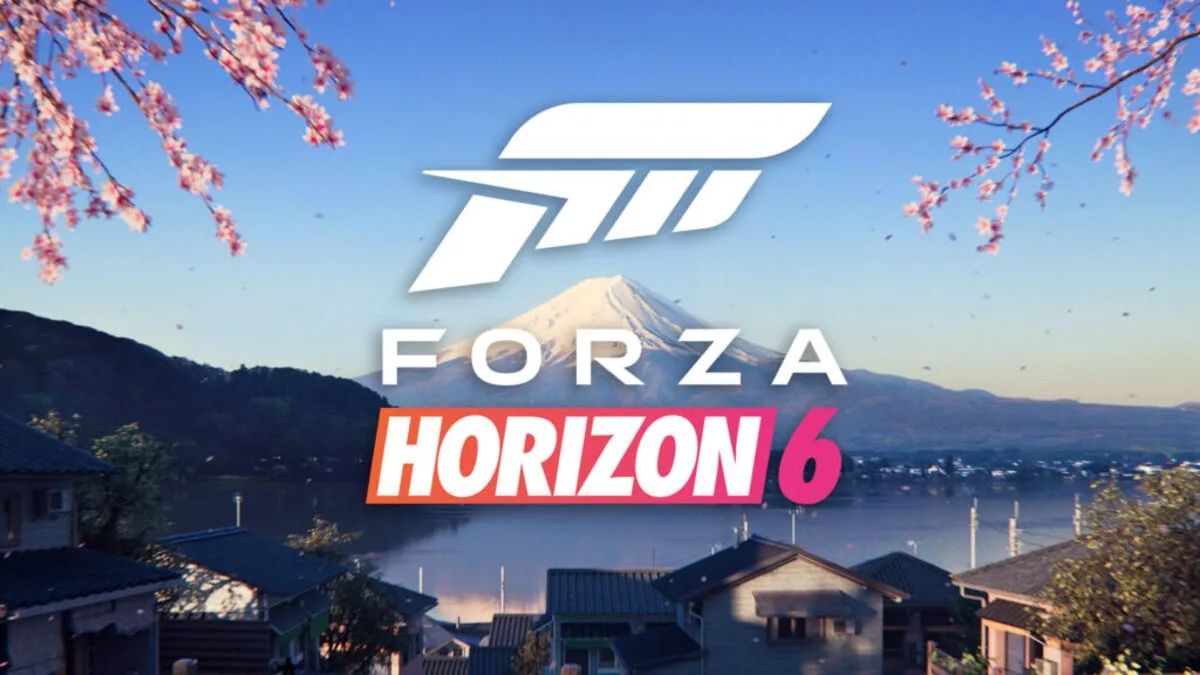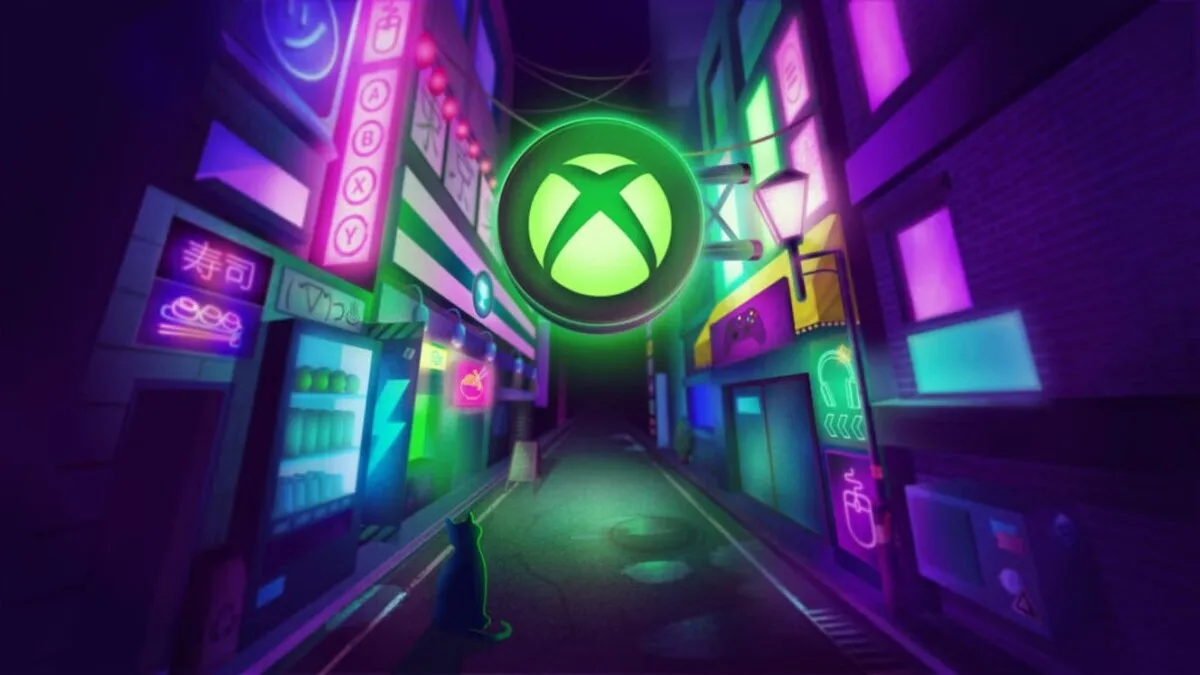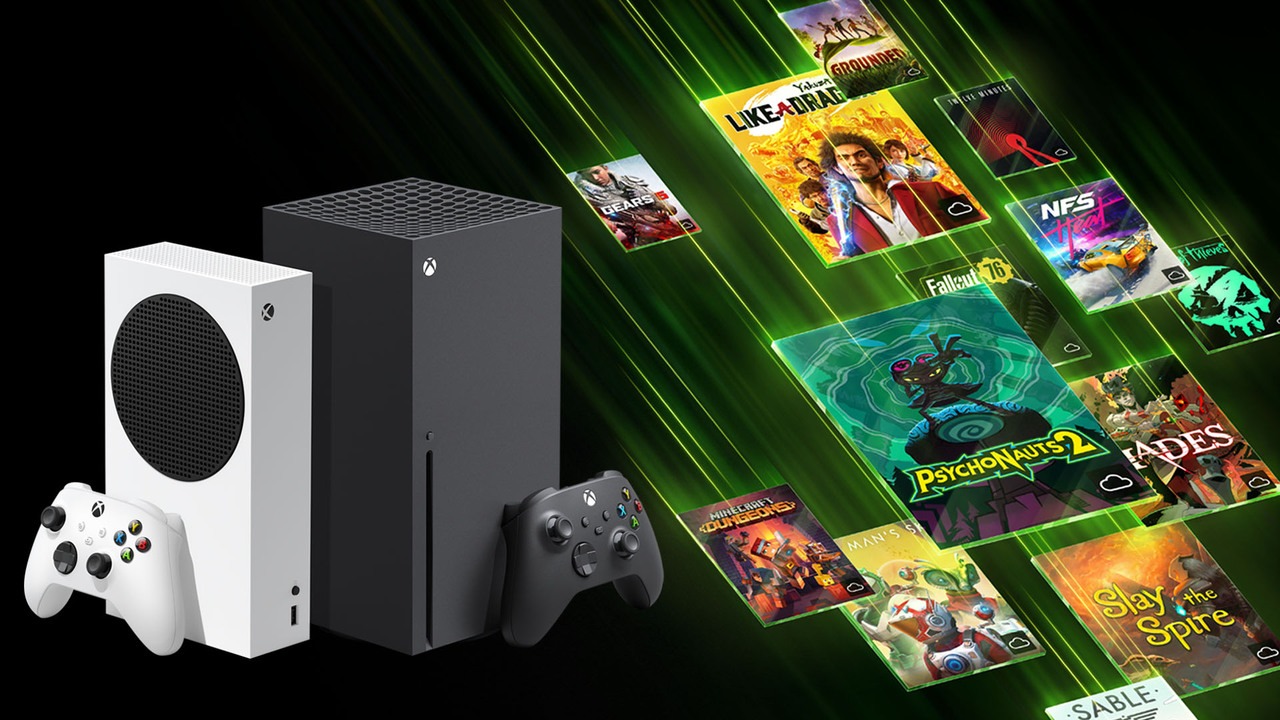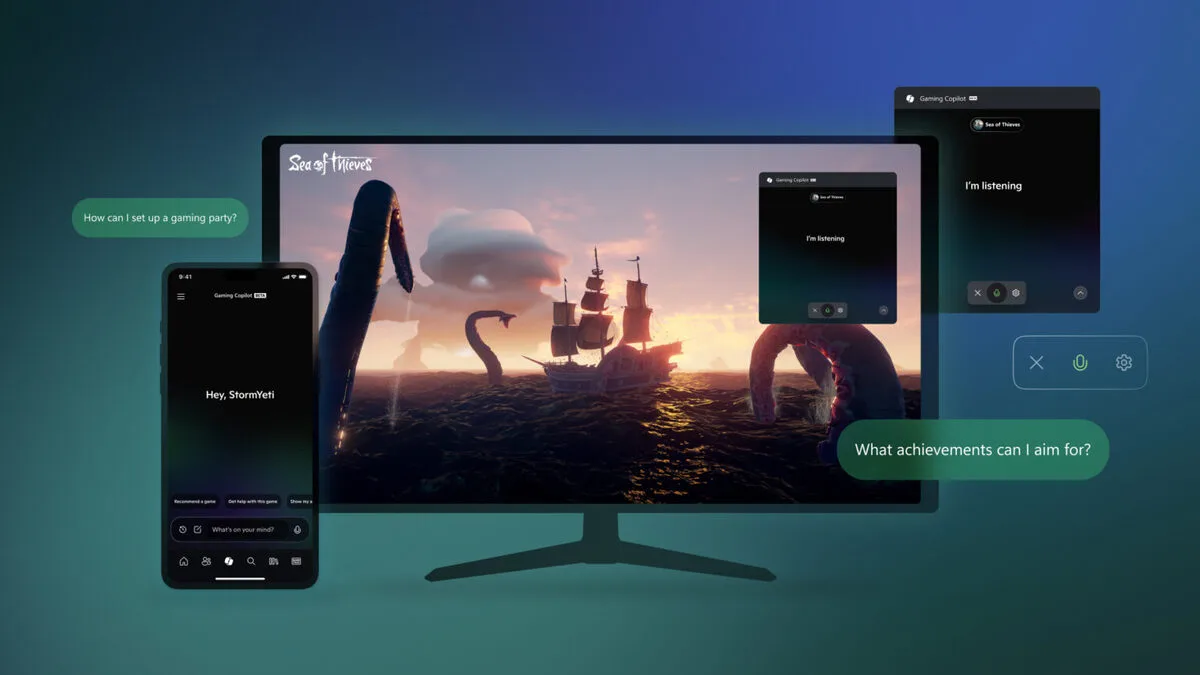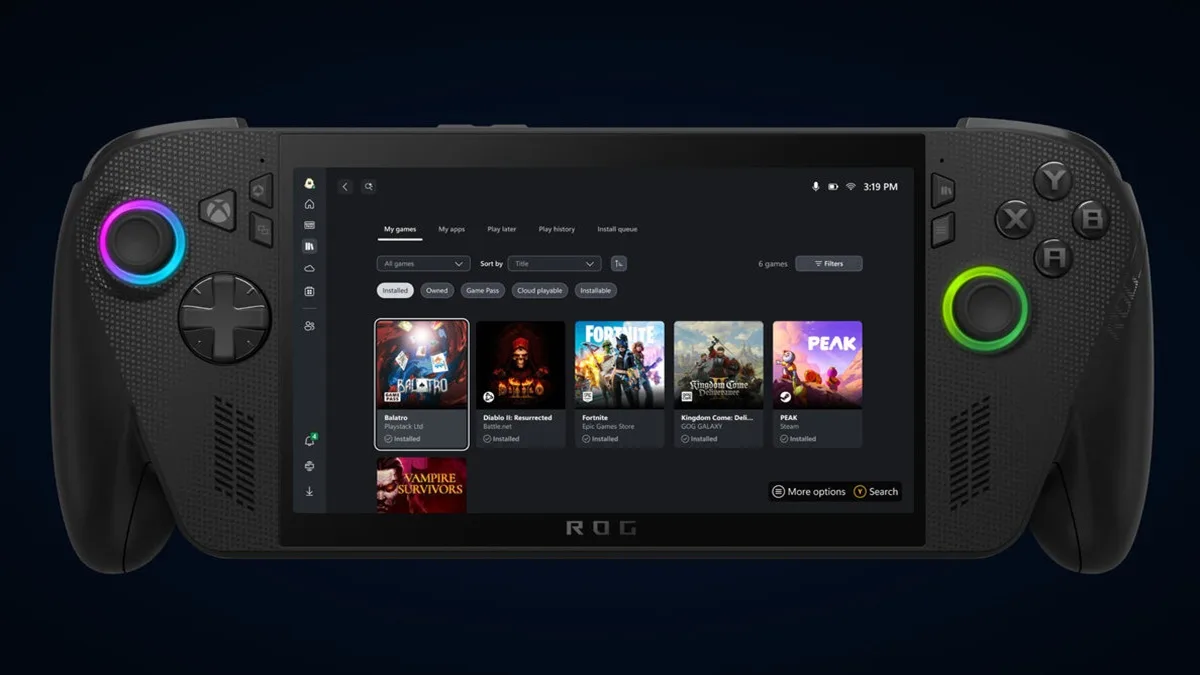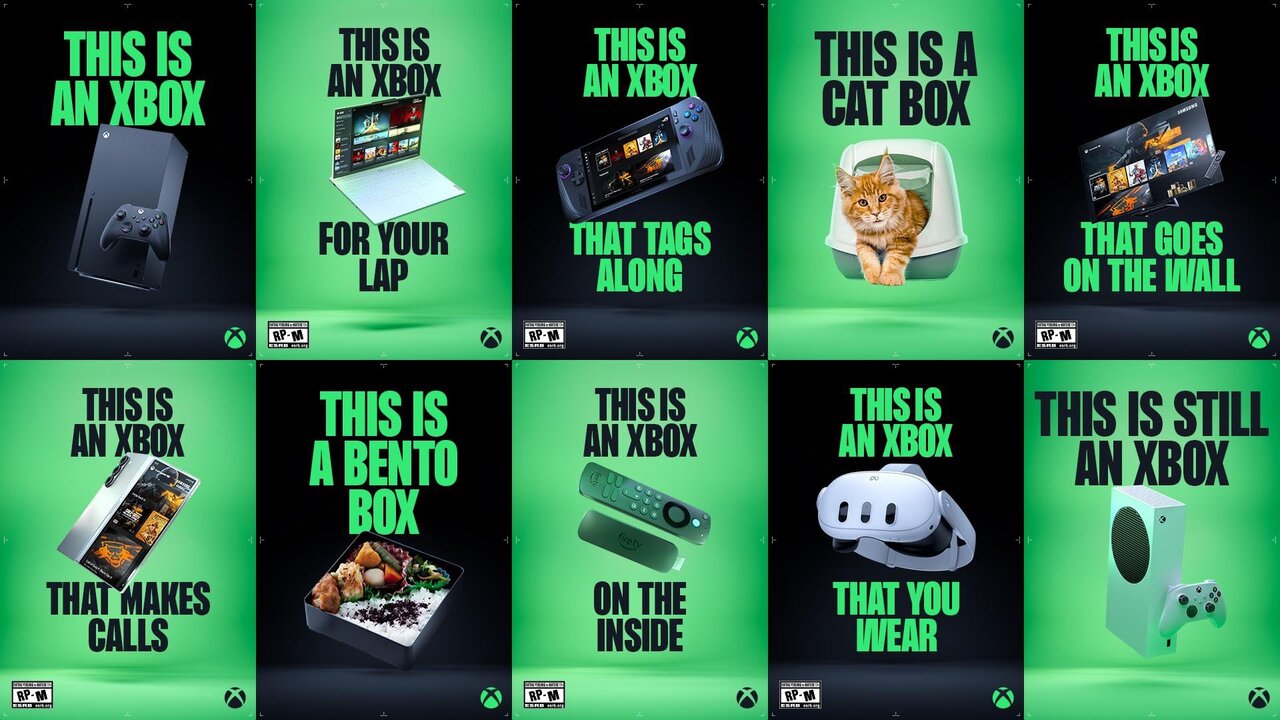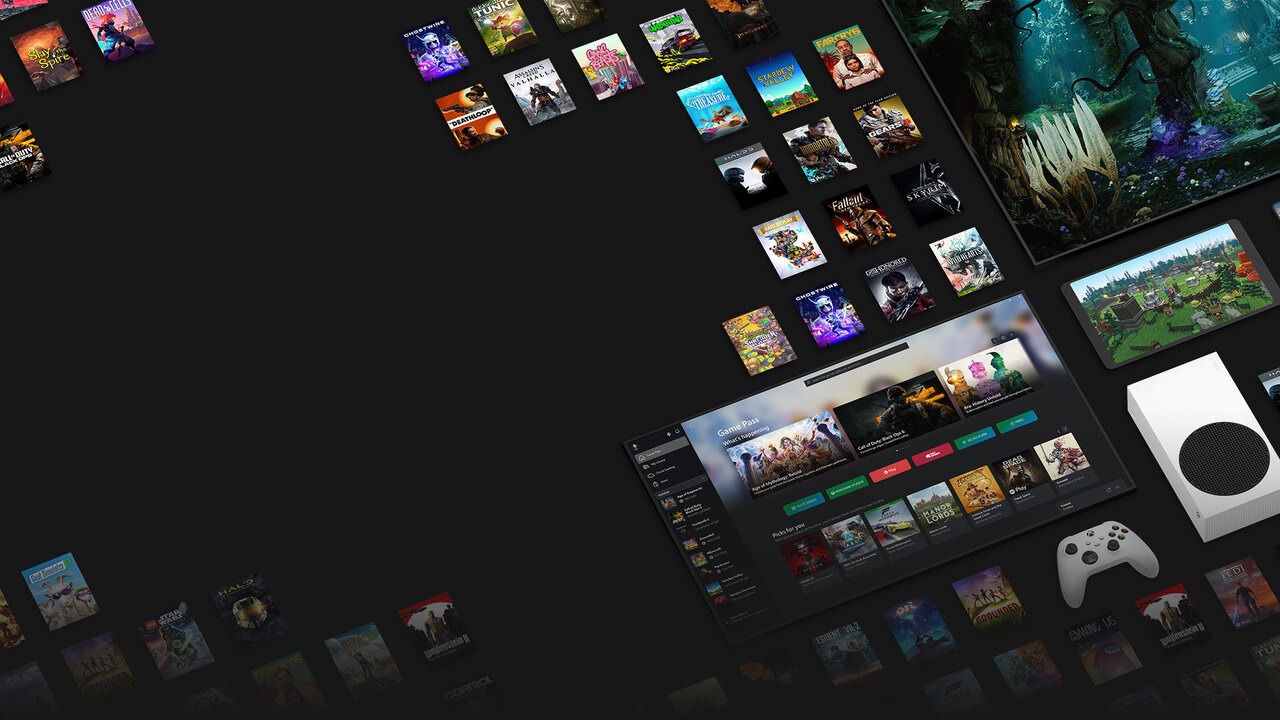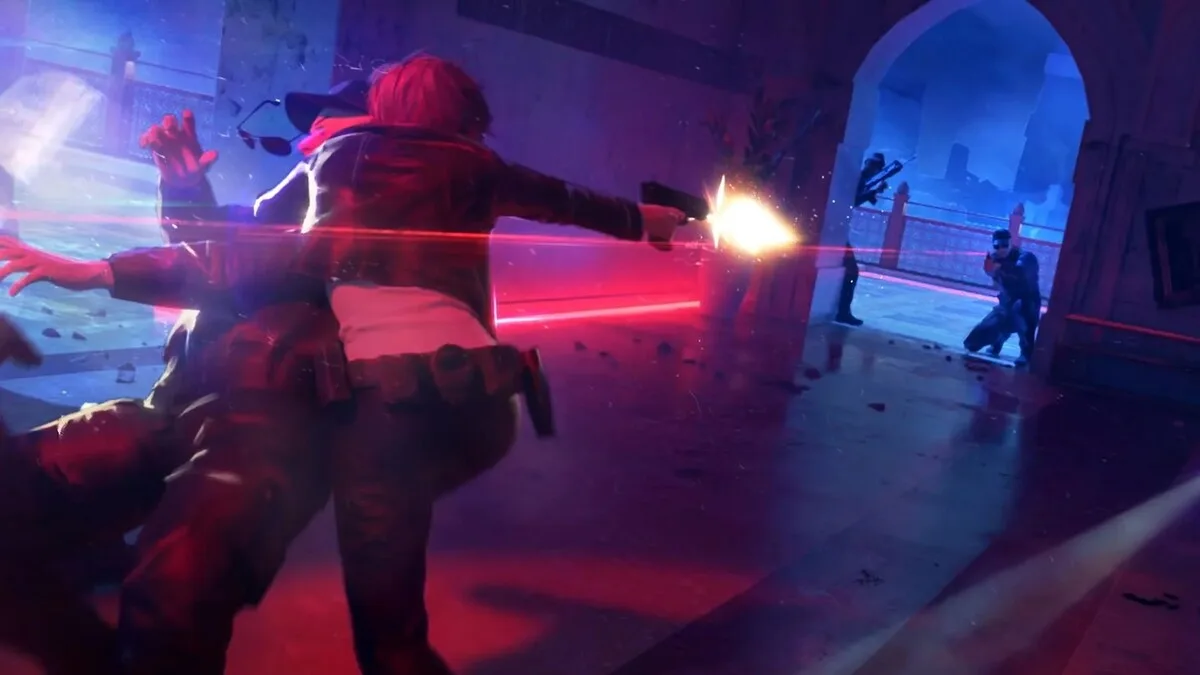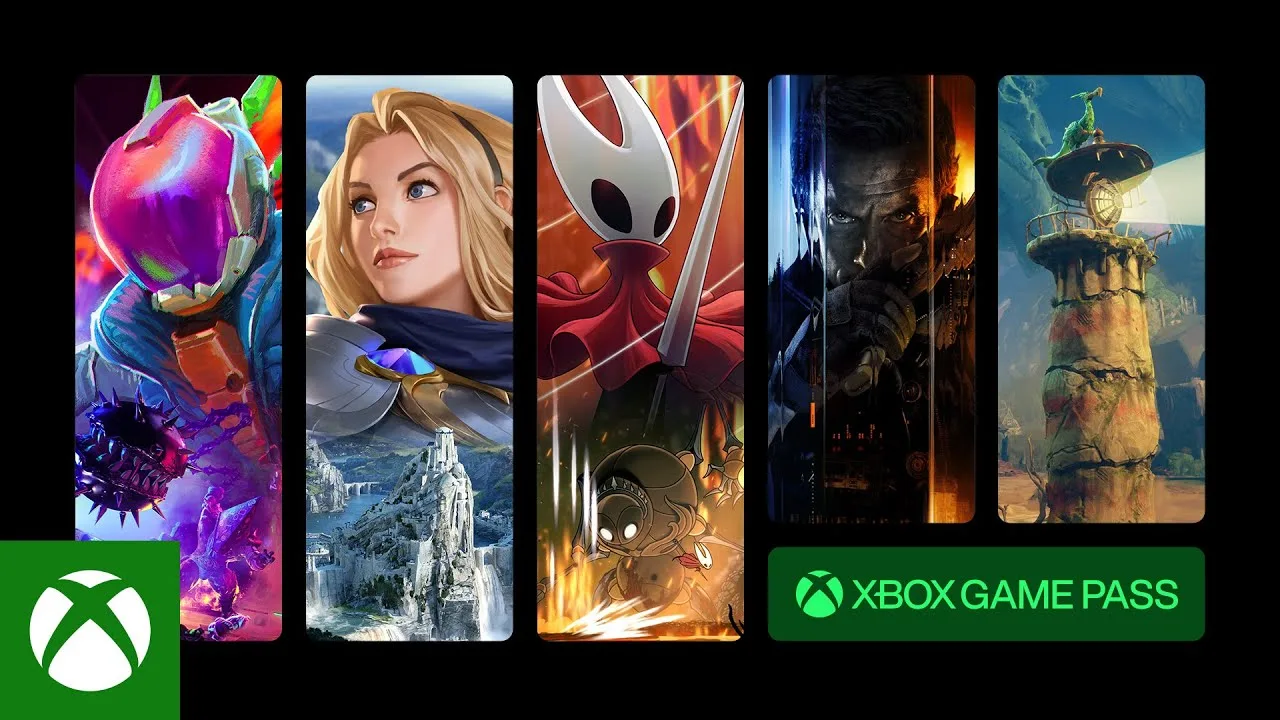
Xbox Game Pass Gets Pricier—Again: What Microsoft Promises and What Players Are Saying
Microsoft has once again raised eyebrows—and subscription fees—with its latest overhaul of Xbox Game Pass. In a sweeping update that redefines tier benefits and pricing, the tech giant is asking players to pay up to… Xbox Game Pass Gets Pricier—Again: What Microsoft Promises and What Players Are Saying

